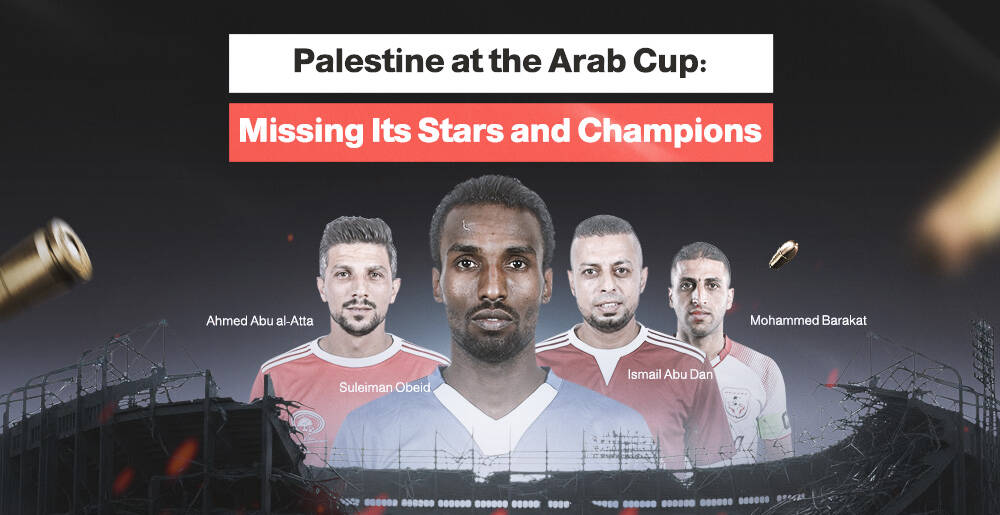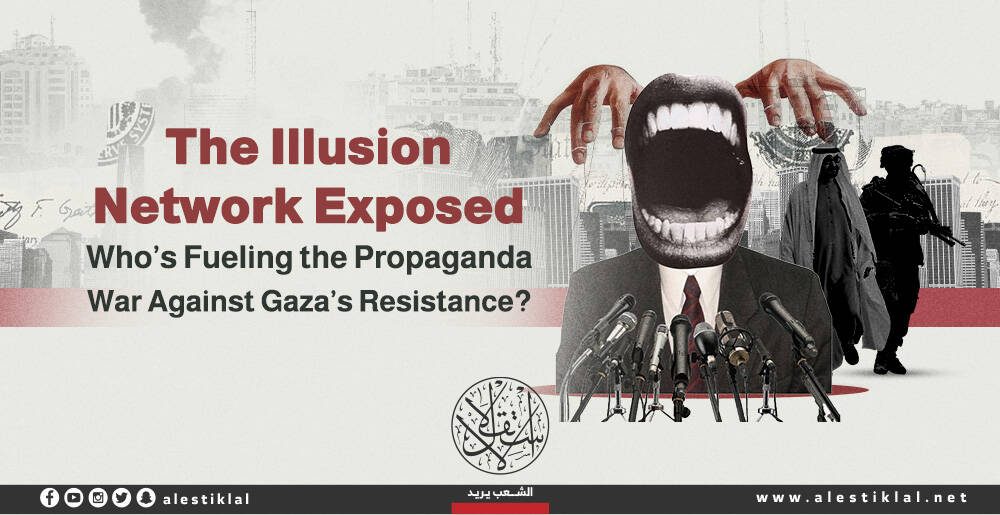These Are the Causes and the Future of the Dangerous Tension Between Serbia and Kosovo

Recent border clashes between Muslim-majority Kosovo and orthodox-majority Serbia herald a resurgence of war in the Balkans, drawing rapid international action.
Border clashes took place on the evening of July 31, 2022, between the two sides, the Kosovar police came under fire, and Kosovo Serbs set up truck barriers to block the border roads.
On August 9, 2022, Kosovo Prime Minister Albin Kurti announced that the risks of a new conflict between Pristina and Belgrade are great, following the change in the situation in the region after the Russian-Ukrainian war.
In an interview with the Italian newspaper La Repubblica, the Kosovar PM accused Russia of being behind the tensions that his country witnessed with Serbia.
He also noted that there is an upcoming meeting on the general situation of relations between Kosovo and Serbia in Brussels in mid-August, expressing the hope that this will help ease tension.
PM Kurti pointed out that joining NATO will contribute to achieving permanent peace, adding: "Our position is transparent and based on Euro-Atlantic values."
Causes of the Crisis
Kosovo, which has a majority Albanian population, seceded from Serbia in 1999 and declared its independence from it in 2008, but Belgrade still considers it part of its territory and supports its Serb minority.
The roots of the conflict between Serbia and Kosovo go back to the breakup of Yugoslavia in the early 2000s, after a long period of inter-ethnic conflicts between the republics of Yugoslavia in the 1990s.
In 1989, Yugoslav President Slobodan Milosevic, a fanatical Serb nationalist, revoked Kosovo's autonomy enshrined in the Yugoslav constitution.
In response, the militants of that country formed the Kosovo Liberation Army (KLA), launched attacks against Serbia, and lobbied for creating a Muslim state comprising ethnic Albanian minorities.
The authorities in Belgrade launched a violent campaign against the Albanian population of Pristina, deeming them to be supporters of the KLA and its attacks, and expelled more than a million Albanians from their homes in that country.
Serbia and Kosovo fought a brutal war between 1998 and 1999 that ended with the involvement of NATO in a US-backed bombing campaign against Serbian territory.
Western countries and NATO intervened militarily and then diplomatically by bringing the parties together in France in February 1999 to negotiate an armistice.
The Kosovar side agreed to the armistice, but Yugoslavia, which included Serbia and Montenegro at that time, refused the armistice.
The atrocities committed against the Muslims of Pristina continued, and the US State Department described what was happening as a systematic campaign by Serb forces and paramilitary forces for ethnic cleansing in Kosovo against Muslims.
In response, NATO launched a devastating 11-week bombing campaign against Yugoslavia, fearing a repeat of the Serbs' crimes in Bosnia, which ended in June 1999, when Serbia signed an agreement with the alliance to allow a peacekeeping force to enter Kosovo.
The initial goal of the Kosovo Force was to prevent the outbreak of conflict between Serbs and Albanians after NATO and Yugoslavia signed a peace agreement allowing the return of Albanians who had been displaced by the war.
Since then, the force has been gradually reduced, from about 50,000 to less than 4,000 today, which works to maintain security and stability in the region and to support the development of a stable, democratic, multi-ethnic, and peaceful Kosovo.
On April 19, 2013, the Serbian capital Belgrade and its Kosovar counterpart Pristina signed the agreement to normalize relations between the two countries; the European Union and the international community described that as historic.
Serbia still refuses to recognize the independence of Kosovo and hinders its accession to the United Nations, despite the recognition of 100 countries.

Renewed Tensions
The latest crisis between the two sides began when the Kosovo police began implementing a law announced by the government on August 1, 2022, which obliges the Serb minority inside the country to change the license plates of cars coming from Serbia with Kosovo ones to enhance its sovereignty as an independent state.
The decision angered Kosovar Serbs, who frequently travel across the Serbian border, and some clashed with the police.
The Serbs of Kosovo and Bosnia and Herzegovina dream of merging with Serbia, breaking away from the two mentioned states, or forming separate regions.
The Kosovo government justified the decision as a measure of reciprocity, accusing Serbia of treating Albanian Muslim citizens living there in the same way.
Belgrade is forcing Kosovars in transit to change their license plates registered in Kosovo, which led to a conflict similar to the recent tensions in September 2021.
Serbia not only forced Muslims to change their license plates but also their Albanian Muslim identity papers to Serbian ones.
It also prevented them from participating in its April 2022 presidential elections, claiming that they are not Serbs, even though they are Serbs by identity and Muslims by religion.
Kosovo PM Albin Kurti confirmed that the shooting was illegal Serb groups, and Serbia moved its planes near the border, which led to the sound of sirens in the border cities of his country, according to what Reuters published on July 31, 2022.
In cooperation with our international allies, we pledge to postpone implementation of decisions on car plates & entry-exit documents at border crossing points w/ Serbia for 30 days, on the condition that all barricades are removed & complete freedom of movement is restored. pic.twitter.com/oJNaQi0qPO
— Albin Kurti (@albinkurti) July 31, 2022
Kurti accused Serbian President Aleksandar Vucic of being the main criminal in the riots taking place in the country, warning that the coming days and weeks may be difficult and problematic.
The Kosovar PM indicated that these aggressive actions were planned and instigated by the illegal Serbian entities in the north, which set up roadblocks and opened fire.
The Serbian president ignited the confrontation with a speech addressed to the citizens of his country, in which he said that the situation in Kosovo and Mitrovica (a southern province that constitutes 35% of the country, inhabited by Serbs) has become complicated for Serbs, according to a statement from his office on July 31, 2022.

In order to force Pristina to withdraw the decision to compel Serbs to change their Serbian cars' papers and license plates to Kosovar, that minority closed the road between Kosovo and Serbia with trucks and heavy machinery.
In a statement, the Kosovar police said that angry Serbs beat several Albanians who were passing on the roads that were closed, and some cars were attacked.
Following the tensions and consultations with the ambassadors of the European Union and the United States, the Kosovo government said in a tweet that it will postpone its plan for one month, and implementation will begin on September 1, 2022.
This means that anyone entering Kosovo with a Serbian identity card will have to exchange it for a temporary identity document while living in the country and change the Serbian license plates to Kosovar.
On November 19, 2021, the Serbian Albanian Muslim researcher Flora Ferati Sachsenmaier said that the authorities are stripping Muslim Albanians inside the Republic of Serbia of their national data and identification papers that authorize them to participate in the elections.
She confirmed to the Balkan Insight website (a non-governmental organization with branches in Eastern and Western Europe) that during her studies in southern Serbia, Muslim Albanians assured her that Serbs remove them from their identity cards and that the Serbian Ministry of Interior justifies this on the grounds that they live in Kosovo and cannot be recognized as Serb citizens.
After the secession of Kosovo, Serbia restricted the Muslim citizens living on its land, considering them Kosovars because they cross the border to visit their relatives in Pristina, and imposed on those who hold Kosovar identity papers to change them to Serbian.
It came to deprive some of them of the elections, claiming that they are not Serbs because they do not have Serbian identity papers, which the Serbian authorities refuse to give them in the first place.
On the other hand, the Kosovo government did the same in April 2022 and prevented Serbia from holding its presidential elections within its territory, considering this a violation of its sovereignty and constitution.

Who Ignites the War?
Despite the Kosovar law was issued some time ago, and Serbia treats Albanian Muslims in the same way, the escalation across the border and the prospects of a new destructive war pose three possibilities:
The first is that the escalation may have come at the request or instigation of Moscow, which defends the Serbs in Bosnia and Kosovo, and supports Belgrade for historical and religious reasons (they share an orthodoxy and a Slavic ethnic background) in order to open a new front of conflict that distracts the West from Ukraine and relieves pressure on Russia.
Dr. Vjosa Osmani, chief of staff of the President of Kosovo, described Serbia's actions as a repetition of Russian President Vladimir Putin's playbook.
He accused the Serbian government of flooding the media with false allegations and using military rhetoric, according to what The Guardian published on August 1, 2022.
In turn, the US ambassador to Pristina, Jeffrey Hovenier, confirmed on July 31, 2022, that Kosovo will postpone the implementation of the regulations for 30 days because there appears to be misinformation and a misunderstanding of these decisions, according to the Associated Press.
On August 1, 2022, the Balkan Insight website stated that misinformation on social media and incitement spread panic over the Kosovo-Serbia war.
It explained that social media users in Russia and Serbia, in particular, are spreading misinformation about a large-scale war that allegedly has already erupted between Kosovo and Serbia, possibly to inflame the situation.
It indicated that 250,000 misleading tweets spread on Twitter from Ukraine, Russia, Turkiye, Spain, Serbia, Kosovo, and Albania, confirming that the war broke out while the tension was temporarily contained.
Russia has announced its support for Serbia in the recent crisis, rejecting Pristina's measures to force the Serbs to carry its identity and license plates, as Moscow refuses to recognize the independence of Kosovo since its inception.

On August 1, 2022, Russian Kremlin spokesman Dmitry Peskov said that Kosovo's demands that all citizens of Serbia obtain an additional document at the border to grant them permission to enter are baseless, stressing Russia's support for Belgrade.
He referred to Serbia's accession to the Collective Security Treaty Organization, a Eurasian military alliance comprising 6 countries from the former Soviet space. Apparently, a clear declaration of the Russian alliance's support for Serbia against Kosovo and NATO supporting it.
Second: The desire of the Serbs of Kosovo and Bosnia together to join Belgrade, the heir to the old Yugoslav Federation, to form the Republic of Greater Serbia.
The Bosnian Serbs had previously created similar problems in 2021, which almost ignited the war and led to the re-ignition of the historical conflict again.
Third: The outbreak of the Kosovo conflict, and before that, the conflicts of Bosnia and Ukraine, at the same time that the world is holding its breath because of a possible confrontation between the United States and China over Taiwan, which heralds dangerous and multiple international wars.
That is why the NATO force in Pristina said it was ready to intervene if stability in northern Kosovo was threatened following the escalation of border tensions.
Danilo Mandic, a researcher in the Department of Sociology at Harvard University, said in a statement to The Times on August 1, "Despite Kosovo and Serbia having no interest in a violent escalation, it is not inconceivable that developments could spiral out of control."
This is due, according to Mandic, to the fact that both Belgrade and Pristina engage in a kind of ethno-nationalist solicitation, considering that they are playing with fire, which once ignited, will lead to things getting out of hand.













